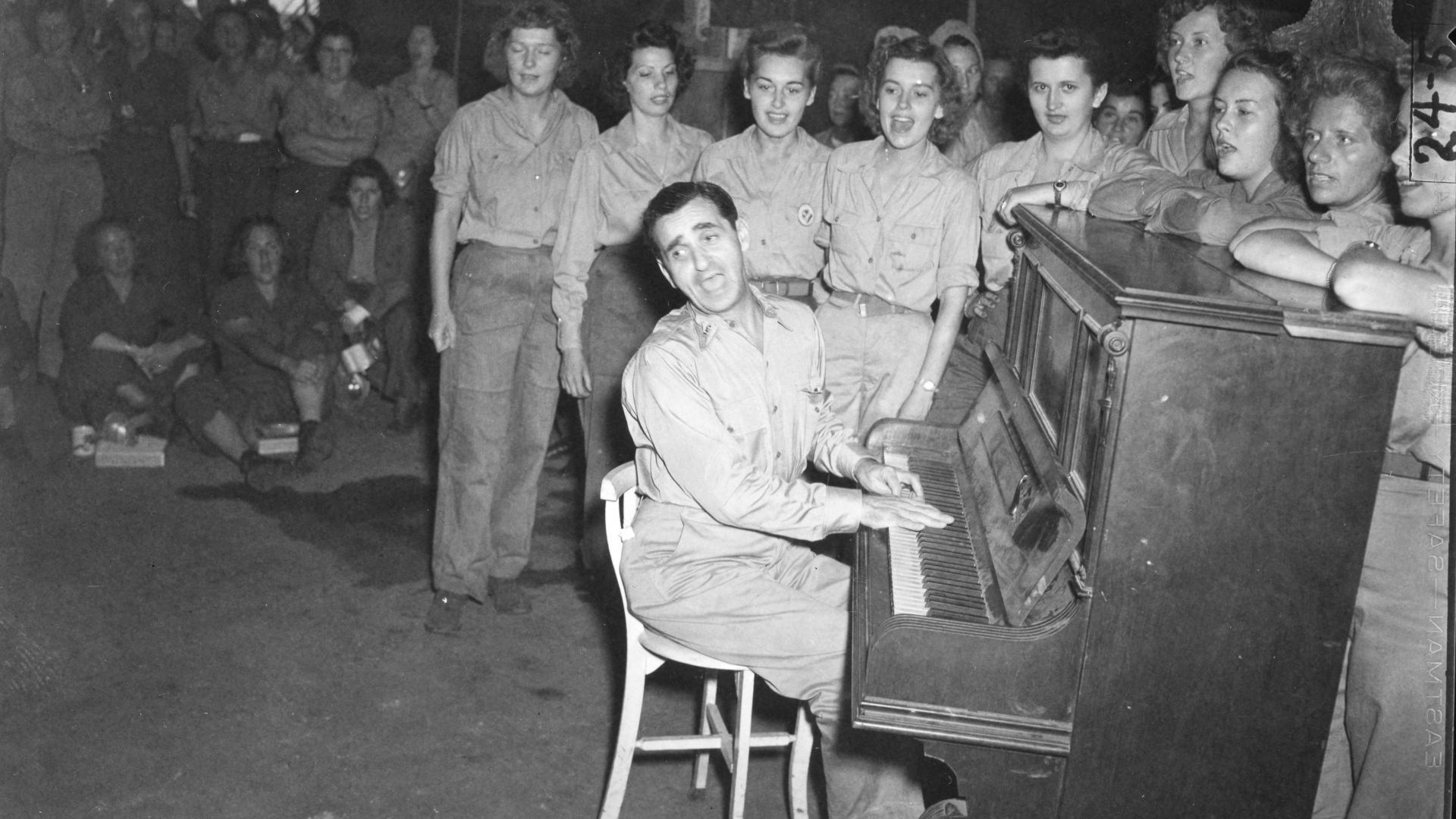First to arrive is Kuzma, who looks to be about 20 and is all skinny calves, brown ringlets and bashful eyes. “Where are you from?,” I ask, and he replies: “Ukraine”. The unasked question hangs between us for a few seconds – “Why aren’t you fighting in the Donbas?” – and then disperses; because whatever your feelings about it being a great and glorious thing to die for your country, what right do you have to impose them on someone from another one? Kuzma tells me he’s from near Lviv, that he left when the Russians invaded, and that he hasn’t seen his parents for six months – but they’re arriving in London tomorrow. He looks a little tearful at the thought.
Next up is Vassilis, the boss; who’s Greek, fortyish, has a workout torso and a shock of black hair. He surveys our stuff – which, apart from the furniture, has been packed into boxes – and shakes his shock. “We’re going to need a third guy for this,” he says in thickly accented English, “but I won’t charge you more than my original price.” The third guy, Dragos, turns up quickly – he’s wearing a black trilby at a rakish angle, and has twinkly blue eyes. He looks to be about the same age as Kuzma.
“Where are you from?,” I ask. “Moldova,” he replies, a little sheepishly. The unasked question hangs between us for a few seconds: “Why aren’t you getting ready to fight in Transnistria?” And then disperses – for the same reason it did with Kuzma.
The three men start work: calmly, rhythmically, efficiently – as ever, I’m impressed by how skilled manual labour can be. As for their strength: even slim Kuzma doesn’t break sweat as they hoik all our stuff down two flights and into the back of their Luton van.
Then Vassilis stops to roll a cigarette, while the younger men carry on hoiking. “You’re speaking to the other guys in Russian, aren’t you?,” I observe, and Vassilis smiles: “Yes, we all understand it – I studied for 15 years in Moscow, I speak it almost as well as I do Greek.” He puffs on his roll-up meditatively, then says: “This is not my profession, y’know – this is the first time I do, um… physical work in my life.” He looks me in the eye: “Guess what my real job is?”
I look him up and down. There’s something in the way he holds himself – also a forensic precision in the way he observes things, including me and my many, many heavy boxes of books. And then there’s those 15 years of study – there are few professions that require quite so long an apprenticeship: “You’re a surgeon,” I venture, and he guffaws delightedly: “You’re right! How did you know? No one has got it right before!” I make some half-arsed remark about my Sherlockian deductive powers – but it was an inspired hunch, that’s all.
“Yes,” Vassilis continues, “I’m a specialist trauma surgeon,” and the unasked question hangs between us for a few seconds: “Why aren’t you operating in the Donbas?” Then it disperses, as – perhaps reading my mind – he begins to express not exactly support for Putin, but a perspective on the war that armchair warriors in the west find bedevilling: “They are one nation, I think, Ukraine and Russia – they understand each other’s language… they share the same history… they cannot be separated.”
I decide not to argue this very big point – moving house is, as everyone knows, the third most traumatic life event there is after bereavement and divorce (setting to one side having your homeland invaded by the Russians), and here is an actual trauma surgeon to help me cope with it. Besides, I don’t want to activate any latent tensions in the troika – which is undoubtedly the right call, as a couple of hours later when they’re completing the second van-load, Kuzma takes me to one side and whispers: “You know, I really don’t agree with Vassilis about the war…”
Be that as it may – and regardless of Dragos’s view, which I never learn – they continue to work happily together, seemingly keeping up a steady stream of banter; at any rate there are frequent bursts of laughter punctuating the rolling, rhotic Russian. For some reason EM Forster’s dictum comes to mind: “If I had to choose between betraying my country and betraying my friend, I hope I should have the guts to betray my country.” Obviously, this is putting it rather extremely, but the comity of my removal men – with me as well as each other – can’t help but underscore this truth: the mark of a (relatively) free society, is that the personal trumps the political.



